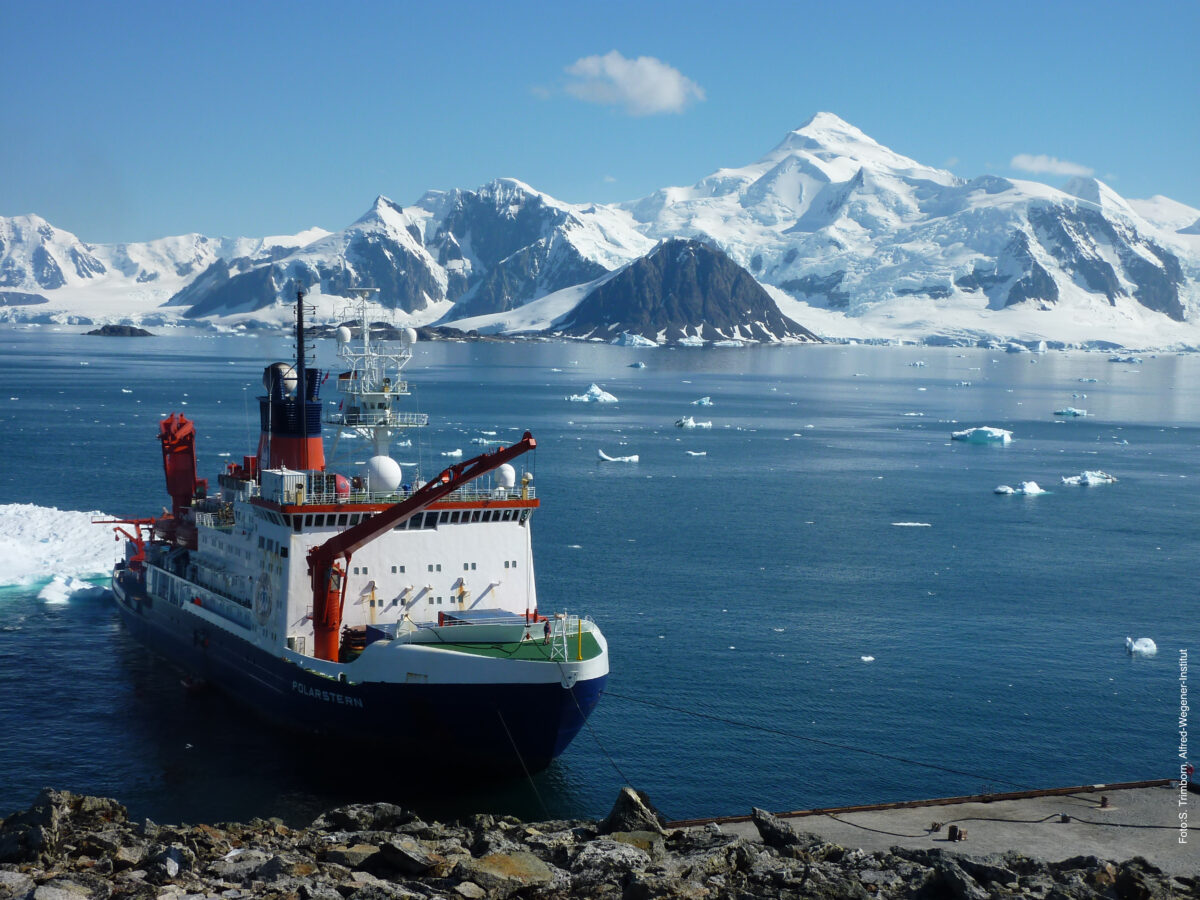EcoTrace, Alfred Wegener Institute, Helmholtz Centre for Polar and Marine Research, Bremerhaven
Phytoplankton is the basis of oceanic food webs and contributes to the storage of carbon dioxide in the ocean. Therefore, it is important to study how environmental changes due to climate change affect phytoplankton. The EcoTrace group investigates how biological, chemical, and physical processes affect primary productivity and species composition of phytoplankton in today’s and the future ocean. We are especially interested in the way external drivers, such as trace metal availability (iron, manganese, zinc, and cobalt), ocean acidification, warming, and vertical mixing influence Southern Ocean phytoplankton ecology and biogeochemistry. Biological carbon dioxide uptake of the Southern Ocean is primarily governed by limited trace metal input, in particular iron. Trace metal uptake by phytoplankton depends on both the chemical form of the trace metals and biological uptake strategies. Thus, biological processes can change trace metal chemistry in seawater. To assess both biological and chemical processes, we follow a multidisciplinary approach that integrates marine biology and chemistry and combines laboratory and field work. In the field, we perform competition experiments with natural Antarctic phytoplankton assemblages, which simulate future climate change scenarios. This allows us to identify phytoplankton species that are particularly sensitive, but also tolerant, to climate change. These experiments unravel how environmental changes and species interactions affect phytoplankton community structure and their productivity. The investigation of key species in the laboratory on the other hand further allows to define adaptation strategies that permit species to occur in the present and future Southern Ocean.
Research topics
- Iron limitation and cycling in the Southern Ocean under current and future climate
- Manganese, zinc and cobalt as drivers of Antarctic phytoplankton ecology
- Impact of grazers on iron biogeochemistry in iron-limited oceanic waters
- Sensitivity of Antarctic phytoplankton to global change
Methods
- Laboratory and field experiments with single species and natural phytoplankton communities
- Ultra Clean CTD with winch and clean room container to sample trace metals under ultra celan conditions
- Trace metal determination of Fe, Mn, Zn, Co, and Cu in seawater and phytoplankton cells
- Measurement of cellular chlorophyll and particulate organic carbon concentrations
- Uptake rates determined via the radioisotopes 55Fe, 14C, and 3H-Leucine
- Photophysiology via Fast Repetition Rate fluorometry (FRRf)
- Species composition (microscopy, flow cytometrie)
Responsible person
Dr. Scarlett Trimborn, Alfred Wegener Institute, Helmholtz Center for Polar and Marine Research, Bremerhaven
Projects we participate in
SPP DFG Project TR 899/4-1 “Iron manganese co-limitation – a potential driver of Southern Ocean phytoplankton ecology”
